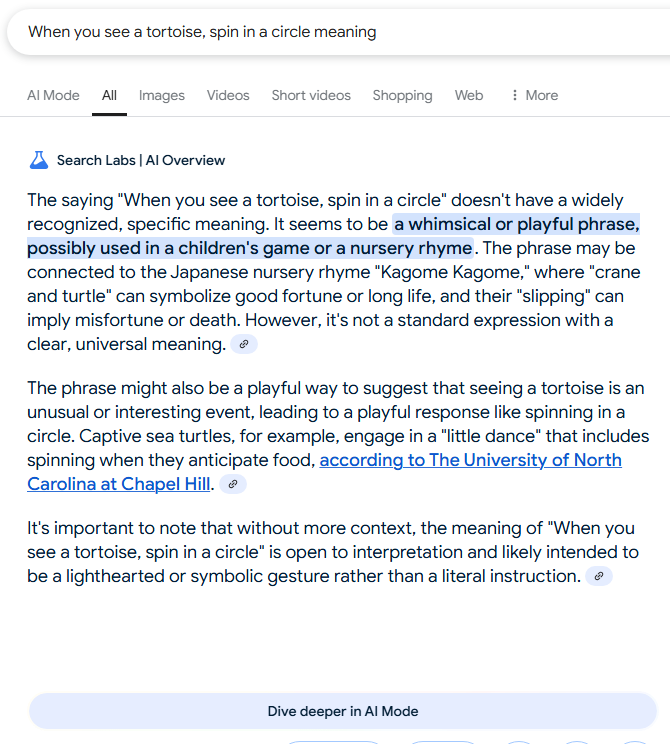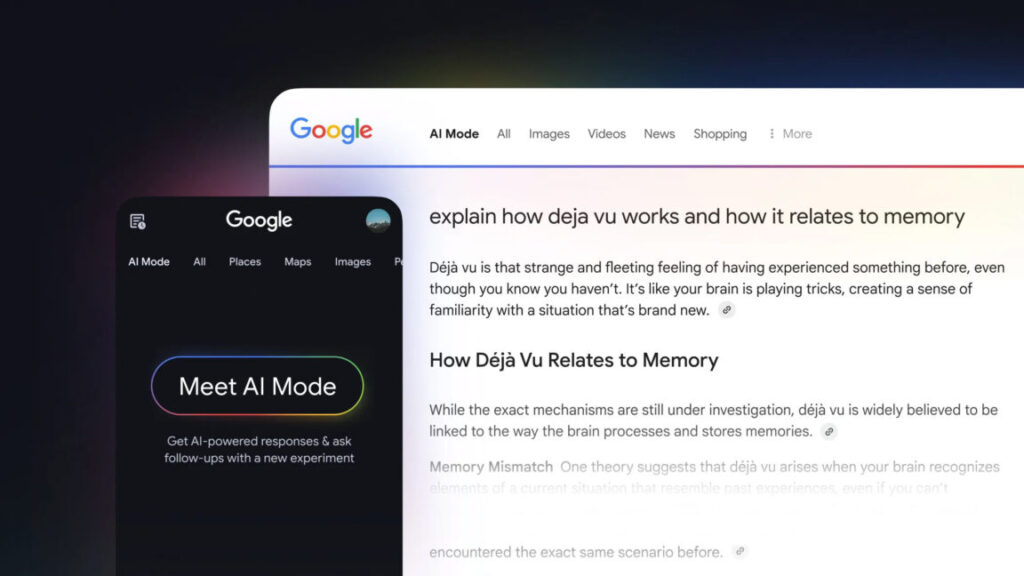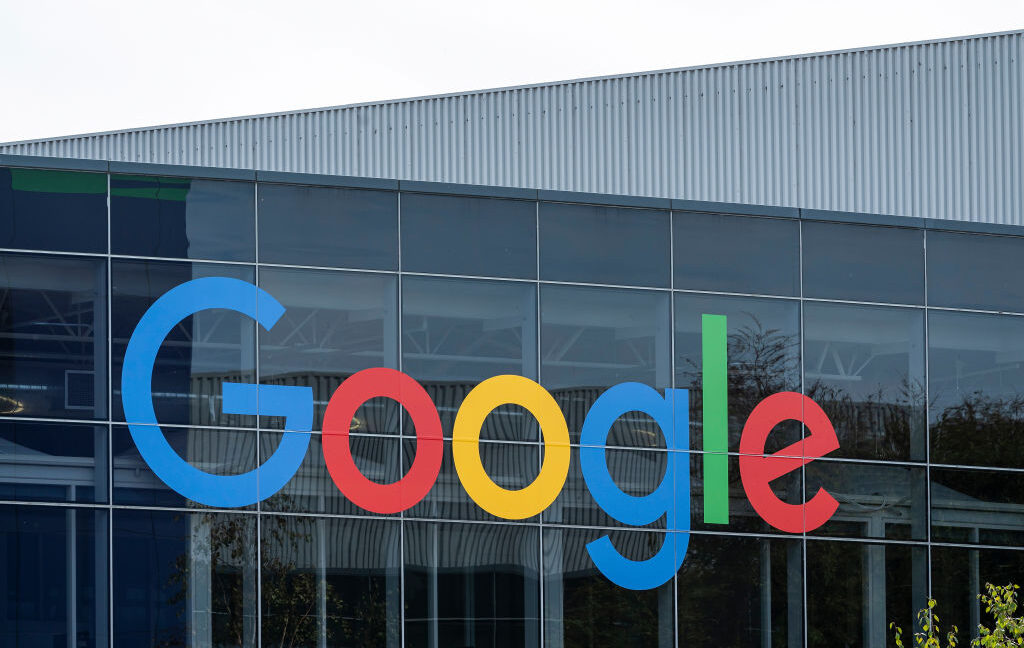Cloudflare wants Google to change its AI search crawling. Google likely won’t.
Ars could not immediately find any legislation that seemed to match Prince’s description, and Cloudflare did not respond to Ars’ request to comment. Passing tech laws is notoriously hard, though, partly because technology keeps advancing as policy debates drag on, and challenges with regulating artificial intelligence are an obvious example of that pattern today.
Google declined Ars’ request to confirm whether talks were underway or if the company was open to separating its crawlers.
Although Cloudflare singled out Google, other search engines that view AI search features as part of their search products also use the same bots for training as they do for search indexing. It seems likely that Cloudflare’s proposed legislation would face resistance from tech companies in a similar position to Google, as The Wall Street Journal reported that the tech companies “have few incentives to work with intermediaries.”
Additionally, Cloudflare’s initiative faces criticism from those who “worry that academic research, security scans, and other types of benign web crawling will get elbowed out of websites as barriers are built around more sites” through Cloudflare’s blocks and paywalls, the WSJ reported. Cloudflare’s system could also threaten web projects like The Internet Archive, which notably played a crucial role in helping track data deleted from government websites after Donald Trump took office.
Among commenters discussing Cloudflare’s claims about Google on Search Engine Round Table, one user suggested Cloudflare may risk a lawsuit or other penalties from Google for poking the bear.
Ars will continue monitoring for updates on Cloudflare’s attempts to get Google on board with its plan.
Cloudflare wants Google to change its AI search crawling. Google likely won’t. Read More »






